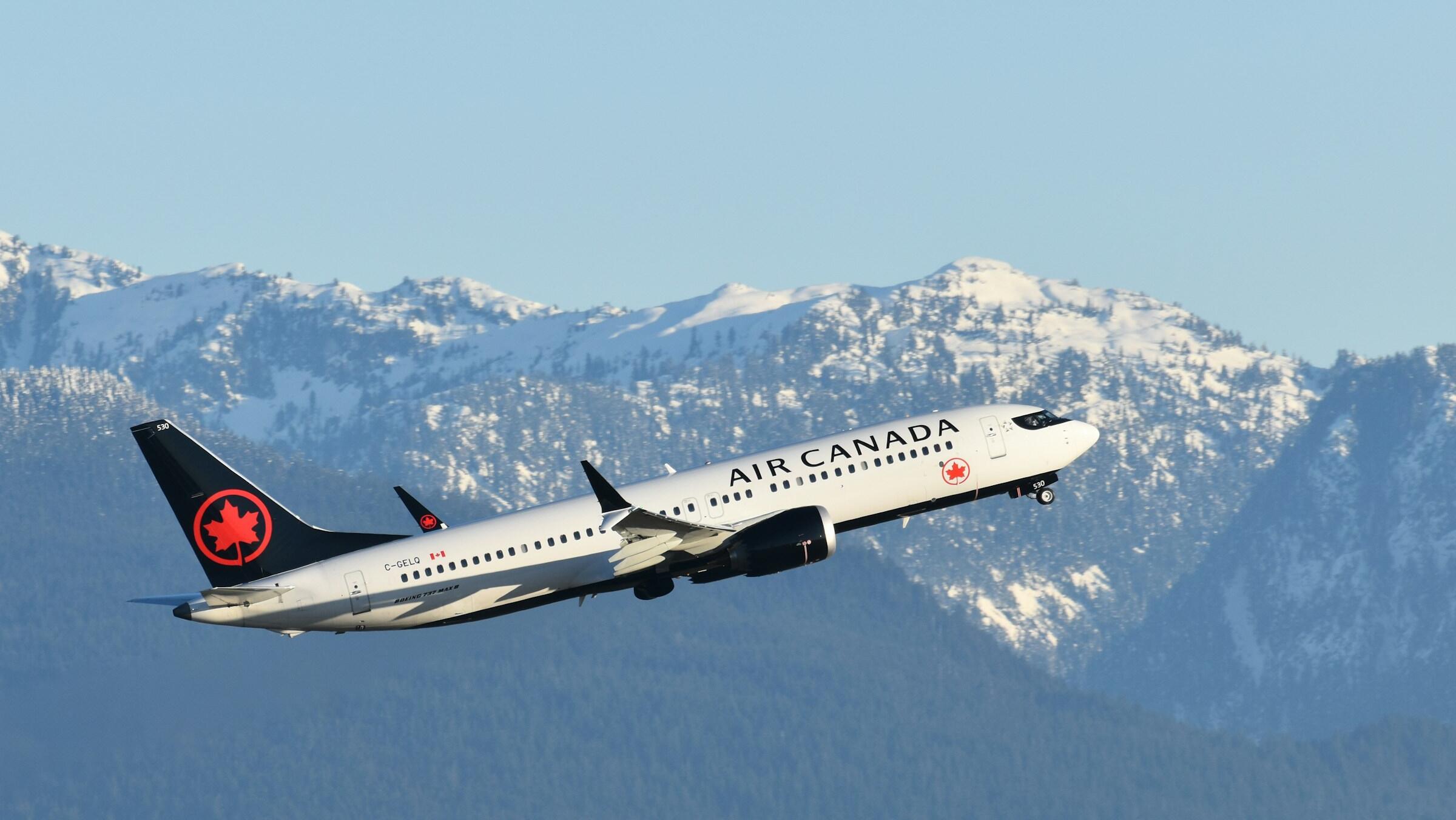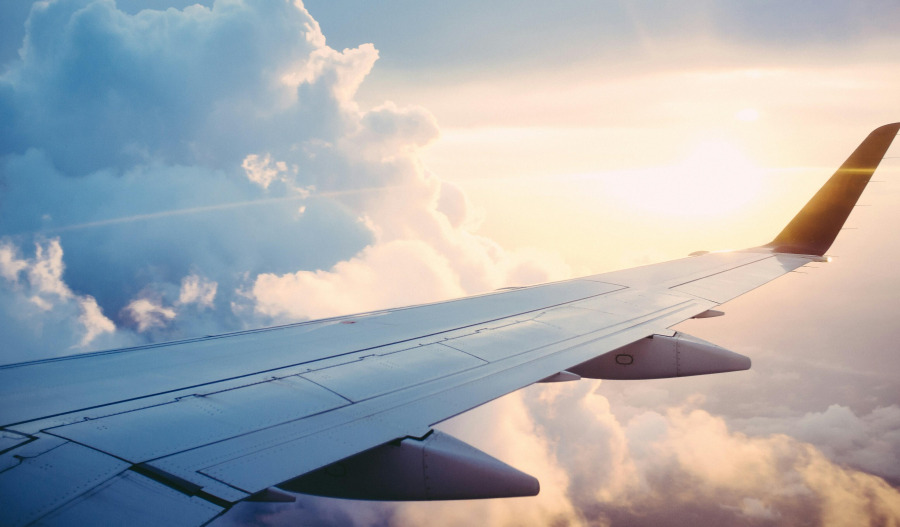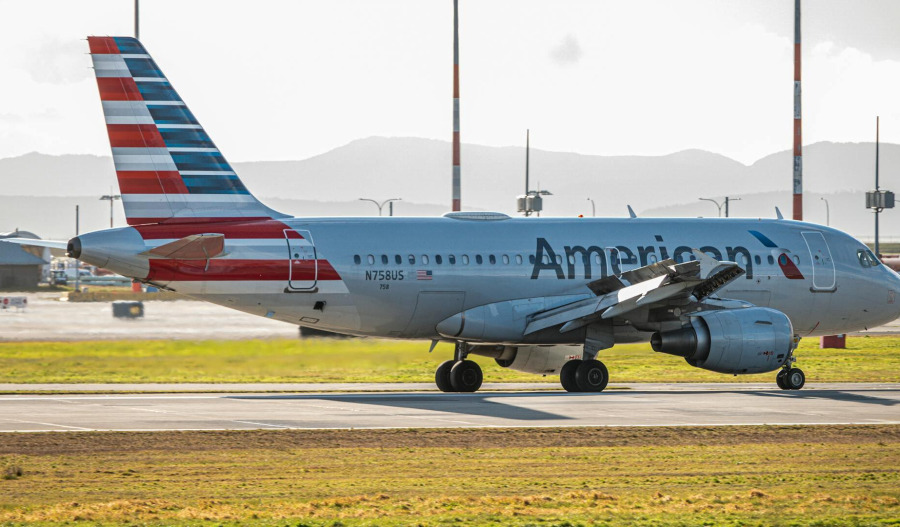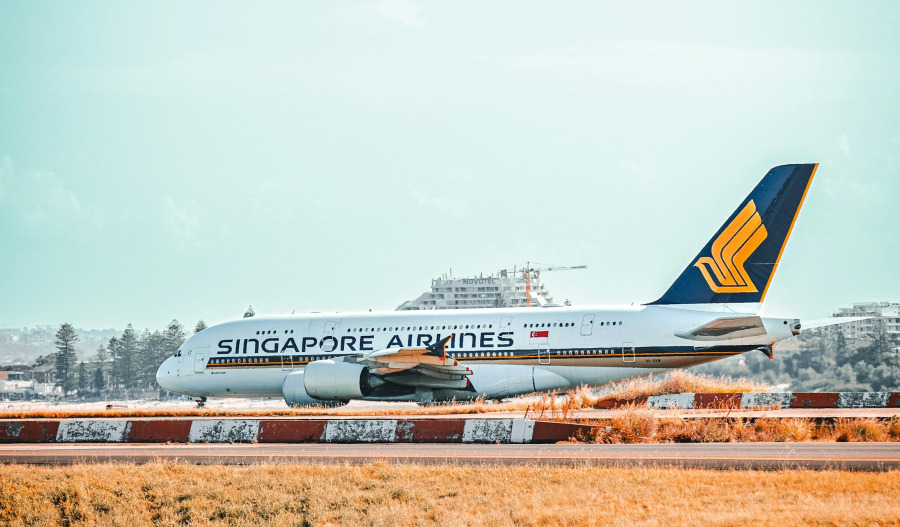More than 10,000 Air Canada flight attendants will resume their strike, despite being ordered to go back to work by the Canadian Government.
The Canadian Industrial Relations Board (CIRB) told staff to return to work and said that a collective agreement that expired on 31 March would be extended until a new one was signed after Canadian jobs minister, Patty Haju intervened using Section 107 in the Canadian Labour Code.
However, the Canadian Union of Public Employees (Cupe) defied these orders and directed members to ignore the order.
“At this time, you are still on Strike and locked out! Please remember, while we are locked out there is no obligation to be in contact with the employer, no responsibility to check Globe or your work email or to contact them for reassignment or reserve duties,” the union wrote in a committee update.
Haju said the flight attendants' not returning to work is hurting the Canadian economy and leaving many Canadians in a difficult position.
“In a year in which Canadian families and businesses have already experienced too much disruption and uncertainty, this is not the time to add additional challenges and disruptions to their lives and our economy,” Haju said.
Air Canada urged passengers whose flights are cancelled not to go to the airport unless they had a confirmed flight with another airline, as there were already 700 cancellations on Saturday.
“Approximately 240 flights scheduled to operate beginning this afternoon have now been cancelled,” Air Canada said in a statement.
“Typically, the carriers operate 700 flights a day.”
Last week, 99.7% of Cupe members from the Air Canada component voted in favour of the strike, with workers seeking wage increases and paid compensation for work when the planes are grounded.
Air Canada has offered a 38% increase in total compensation over four years and an hourly rate increase of 12% to 16% in the first year.



